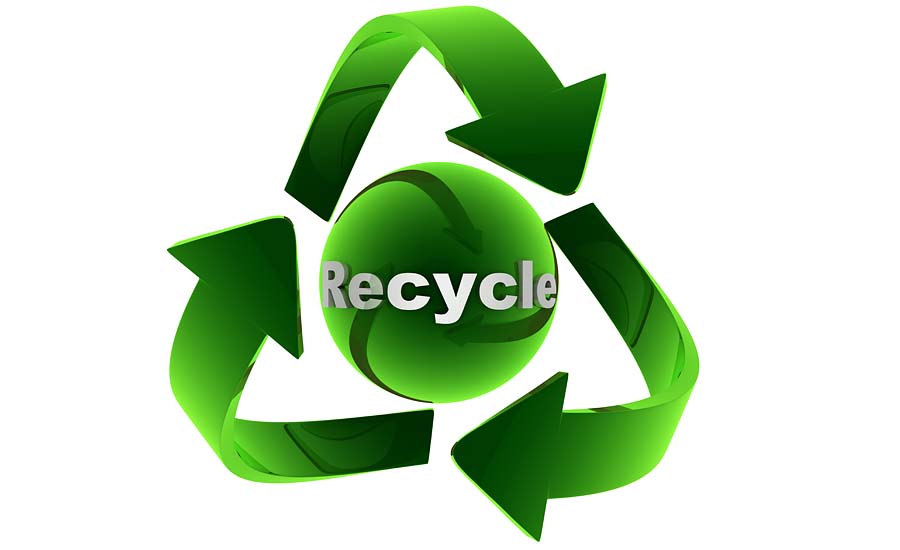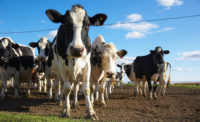A partnership of leading international organizations, launched the Food Loss and Waste Accounting and Reporting Standard (FLW Standard), what is said to be the first-ever set of global definitions and reporting requirements for companies, countries and others to consistently and credibly measure, report on and manage food loss and waste. The standard comes as a growing number of governments, companies and other entities are making commitments to reduce food loss and waste.
“This standard is a real breakthrough. For the first time, armed with the standard, countries and companies will be able to quantify how much food is lost and wasted, where it occurs and report on it in a highly credible and consistent manner,” says Andrew Steer, president and CEO, World Resources Institute (WRI), Washington, D.C. “There’s simply no reason that so much food should be lost and wasted. Now, we have a powerful new tool that will help governments and businesses save money, protect resources and ensure more people get the food they need.”
The Food Loss and Waste Protocol is a multi-stakeholder partnership convened by WRI, and includes The Consumer Goods Forum, Food and Agriculture Organization of the United Nations (FAO), EU-funded FUSIONS project, United Nations Environment Program (UNEP), World Business Council for Sustainable Development (WBCSD), The Waste and Resources Action Program (WRAP) and WRI.
The FLW Standard will also help reduce food loss and waste within the private sector. For example, in 2015, The Consumer Goods Forum, Silver Spring, Md., adopted a resolution for its members to reduce food waste from their operations by 50% by 2025, with baselines and progress to be measured using the FLW Standard.
“Wasting a third of the food we produce is a clear symptom of a global food system in trouble,” says Peter Bakker, president and CEO, World Business Council for Sustainable Development (WBCSD). “The FLW Standard is pivotal to setting a reliable baseline for streamlined and efficient action on the ground for countries, cities and small and big businesses along the food value chain. Together, with tangible business solutions, the FLW Standard can help to significantly reduce food loss and waste around the globe.”
“Food waste is a $940 billion problem,” adds Peter Freedman, managing director, The Consumer Goods Forum. “In 2015, our members committed to halving food waste, and we see the FLW Standard as an important tool to help us achieve this ambitious target. Our members need to effectively quantify, measure and report on their food loss and waste, and the FLW Standard will help them do this with consistency and transparency.”



